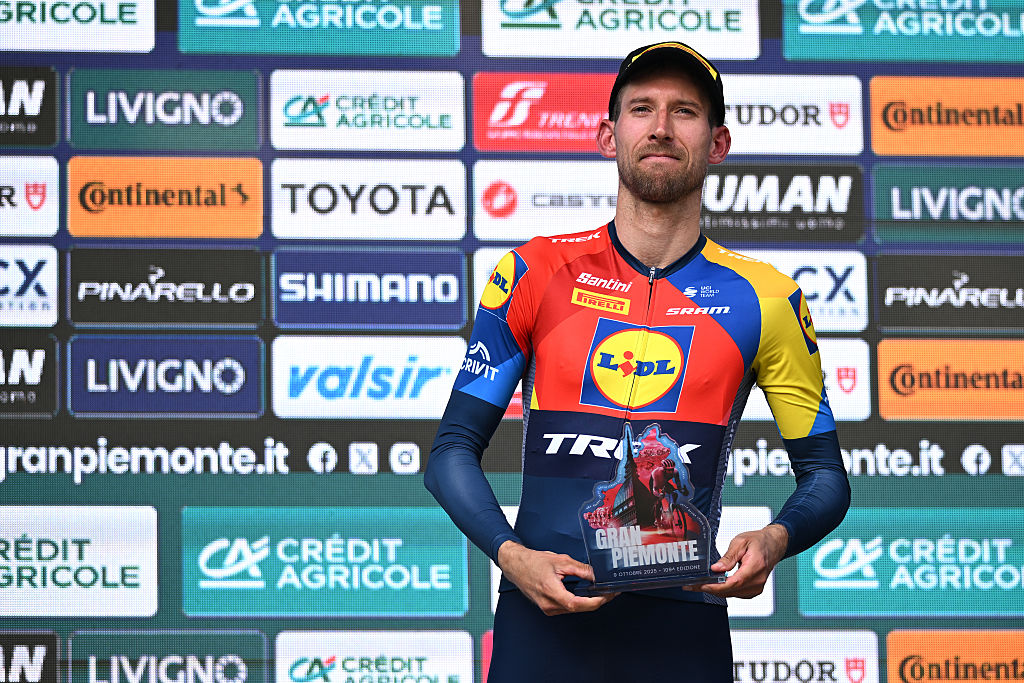'Now we understand why Team Sky never joined,' says MPCC doctor
Wiggins would not have been able to start 2012 Tour de France under MPCC rules
The latest race content, interviews, features, reviews and expert buying guides, direct to your inbox!
You are now subscribed
Your newsletter sign-up was successful
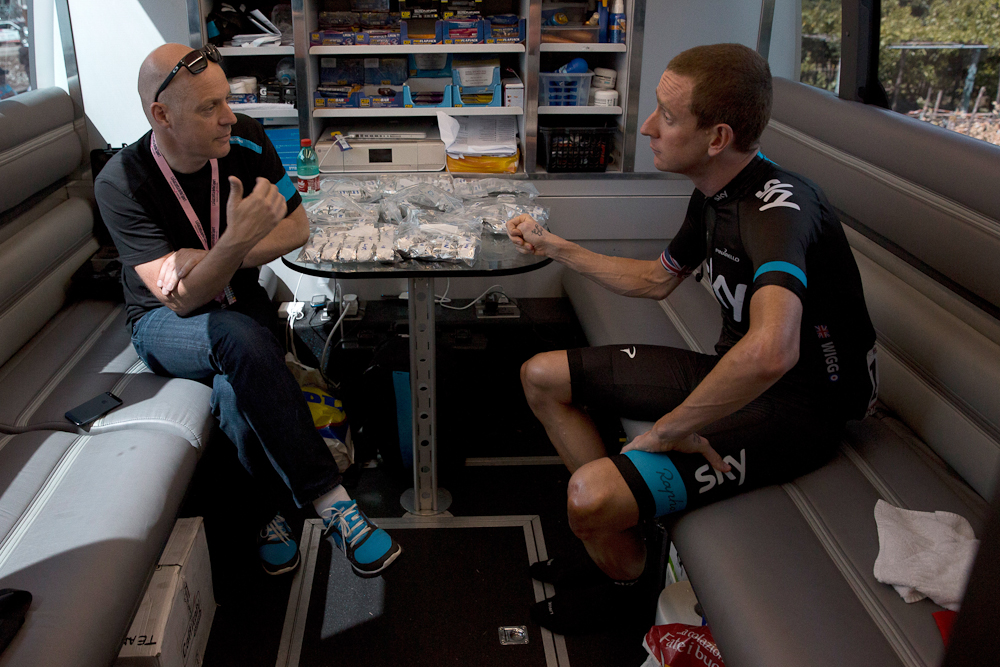
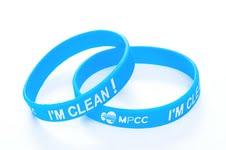
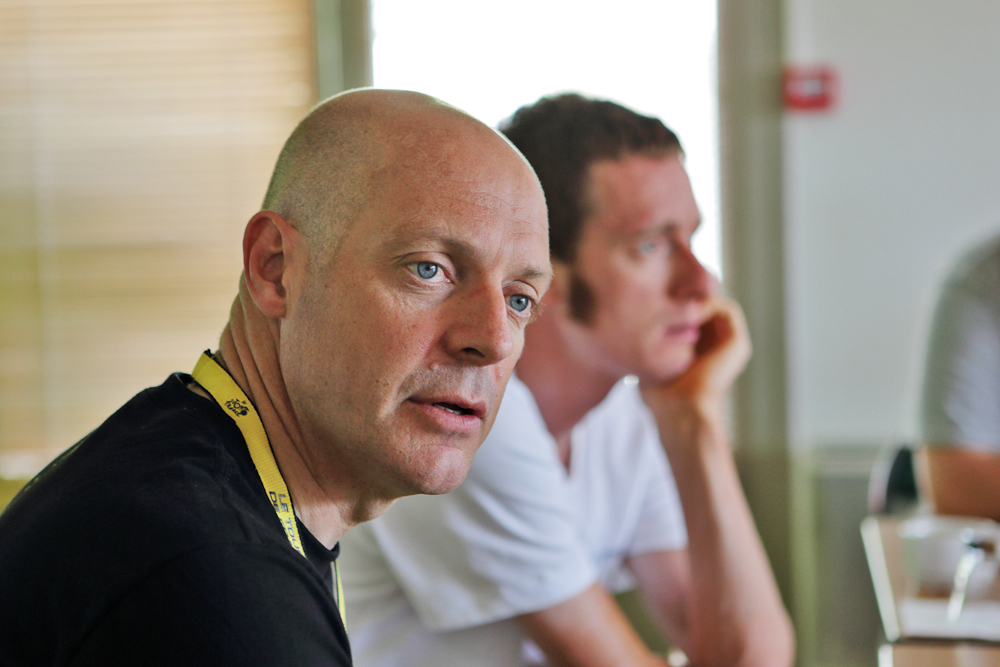
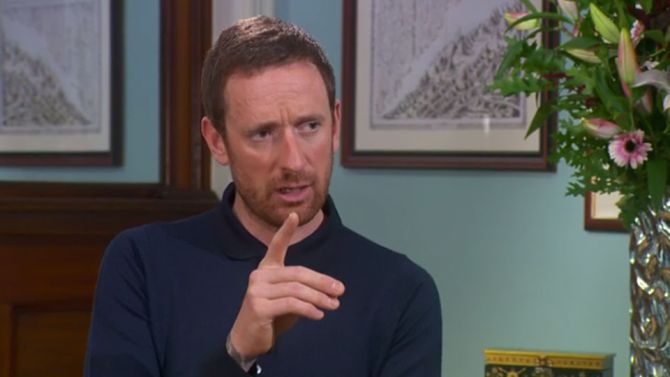
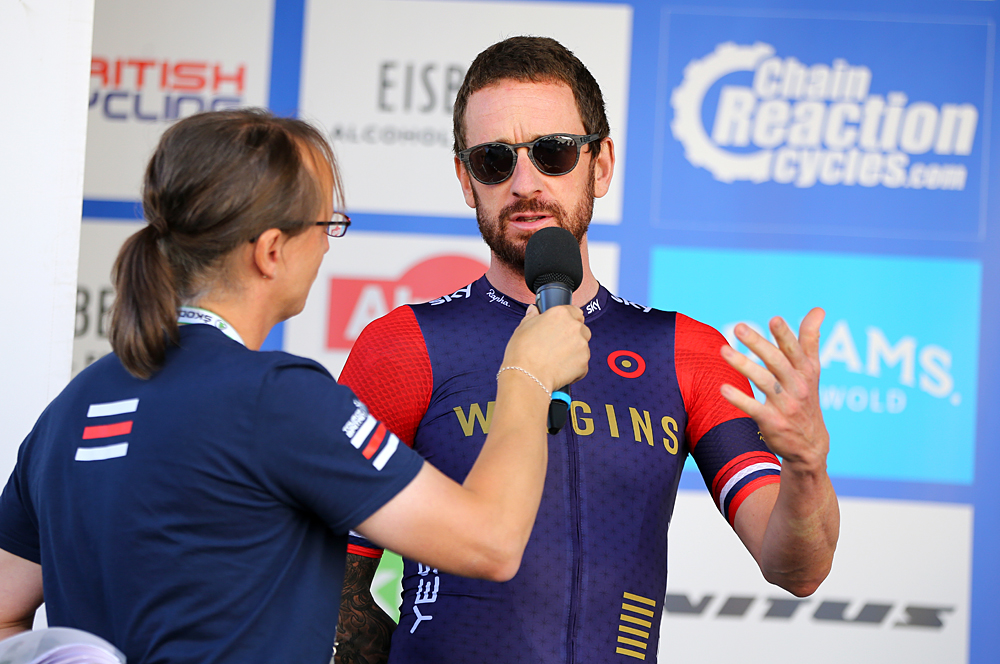
The Mouvement Pour un Cyclisme Crédible (MPCC) was created in 2007 by a group of teams who were adamant that the UCI wasn’t doing enough to fight doping. They implemented a test for cortisol levels in 2009 and repeatedly asked the UCI and WADA to ban the use of corticosteroids. MPCC members agreed that riders with a low cortisol level would refrain from racing.
Incomprehensible that not all WorldTour teams are in MPCC, says Legeay
MPCC advised Astana on Nibali wasp sting
MPCC cortisol testing will not change despite LottoNL-Jumbo's withdrawal
MPCC says Katusha, Astana and Lampre-Merida only joined out of opportunism
Tom Dumoulin says Wiggins' TUE case stinks
The Sound of Silence: Brailsford, Sky and the questions still to be answered
“The only natural way for cortisol level to drop to low levels is due to jet lag after long trips,” MPCC doctor Armand Mégret told Cyclingnews. “Corticoid treatments are sometimes needed for medical reasons, but when cortisol is below a certain level, people’s health is at risk. The level was first established by a panel of French endocrinology experts, Doctors Le Bouc, Duclos and Guinot, who were later joined by experts from Belgium, USA, Sweden and Italy. We keep extending the panel to take the right decisions.”
Dr. Mégret has carried out 2,315 cortisol level tests since 2010 (659 in 2016). Up to now, 13 riders have been prescribed an 8-day break from competition and weren’t able to start a race or a continue racing as a consequence. The most famous of them was defending Vuelta a España champion Chris Horner, who was taken out of the start list at the last minute by his Lampre team in 2014 after he took corticoids to treat bronchitis. Wanty-Groupe Gobert’s Enrico Gasparotto and Bjorn Thurau were asked to withdraw from the Critérium du Dauphiné this year due to low cortisol levels. MPCC tests are carried out before all Grand Tours in conjunction with the CADF (the UCI’s anti-doping foundation).
The Fancy Bears hacking group's recent leak of information gleaned from WADA's database showed that Bradley Wiggins had received a therapeutic use exemption for intramuscular injections of the corticosteroid triamcinolone acetonide ahead of the 2011 and 2012 Tours de France, and the 2013 Giro d'Italia. Wiggins and Sky have insisted that the injections were prescribed to treat hayfever and not to enhance performance.
“Had Team Sky been part of the MPCC, Bradley Wiggins would not have been able to start all three Grand Tours he took part in after he got a TUE for triamcinolone acetonid,” Dr. Mégret said. “It’s up to the doctors to find the right treatment to avoid low cortisol level. There are alternatives to corticoids.”
In an MPCC press release, Giant-Alpecin’s physician Dr. Anko Boelens stated: “Corticosteroid is still a legitimate medicine if you need it but you need to take a period of time to get well. It’s the same with corticosteroid injections. It’s a valid way of dealing with tendon problems, for example, but if you need to take it then you need to take eight days off from racing. The most important reason in all of this is because we want to eliminate the grey area.
“Some people might feel like that and it might seem like we’re putting ourselves at a disadvantage. I don’t see it like that because I think it gives us clarity and it gives us clear boundaries to compete in sport. Also the systems in place by WADA are there to stop people abusing the system but in order to eliminate all doubt we as the MPCC have our rules.”
The latest race content, interviews, features, reviews and expert buying guides, direct to your inbox!
Before the inception of Team Sky in 2010, former Crédit Agricole’s team manager Roger Legeay, whose team folded at the end of 2008, was asked to join as a consultant for a little while. Now retired and serving as the MPCC president, he invited Team Sky to adhere to the organization. According to Legeay, the principal of Team Sky replied that they didn’t need to do that because they were carrying even more internal anti-doping tests than the MPCC. Legeay used a French expression to say “he who can do more can also do less” (“Qui peut le plus peut le moins.”)
In 2014, Sky said this when asked why it had not joined the MPCC: "Team Sky's approach to anti-doping is well-known. We abide by the rules and we strongly support the authorities – including the UCI and WADA – in their work. We’re happy with our position. The MPCC is a voluntary organisation and we – like some other teams – are not members of the group."
“Now we understand why Team Sky never joined the MPCC,” Dr. Mégret commented. “Once again, a big piece of information about drugs enhancing performance in sport doesn’t come from the fight against doping. After interventions by customs and police, it’s from hackers this time around…”
Cyclingnews contacted Sir Dave Brailsford on Monday to invite him to explain why Team Sky didn’t join the MPCC. He later declined to comment. The only MPCC regulated rider to have won the Tour de France is Vincenzo Nibali, riding for Astana in 2014.
